
Life as a site carpenter
Discover what it’s like to be a site carpenter
and useful information to help you succeed.
What’s a typical day for a site carpenter?
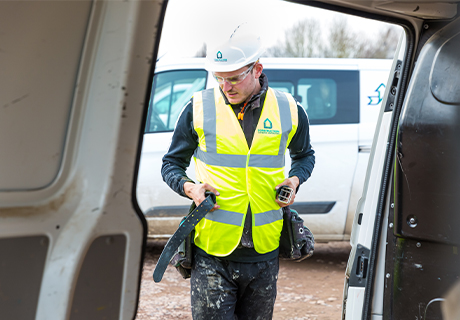
The morning
The early bird catches the worm; those on-site first and well-prepped, earn more money = simple. Once signed in each day, you will get started in your fix, working to the correct detail and installation guides.
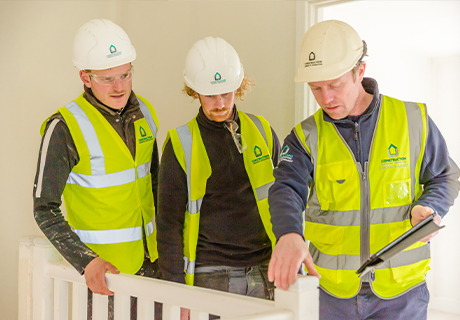
Afternoon
In the afternoon, you may then get a visit from your contracts manager, who would come and quality control your work! They will work with you to help you improve in speed and quality.

Before the end of day
At the end of the day, you’ll be tidying up and getting prepped for the next day.

What are the highs & lows?
The highs of subcontracting on site
There are many benefits to subcontracting on a site such as:
- Working within a real team environment, where quality and pride in your work is truly recognised.
- We take our jobs seriously but still know how to have a laugh.
- A high earning potential!
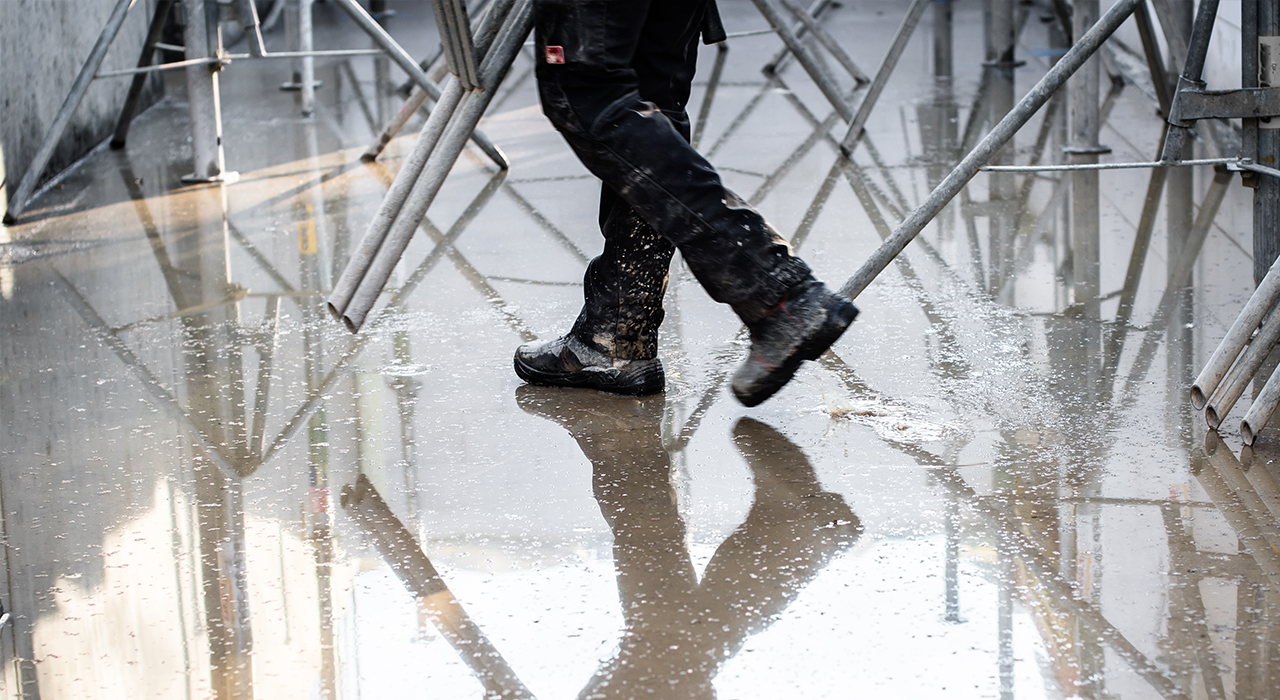
The lows of subcontracting on site
There are a few lows when working on-site, but they don’t outweigh the positives! The "lows" may include:
- The great British weather! But as a carpenter, you can always drop inside and do some internal work on those days!
- Not every day is a good day; you face problems such as material issues, but we, as a business, support this.
Which contracting companies to work for
Well our sister company LJ Construction is always a good shout!
Disclaimer: Other Carpentry Contractors are available.
What tools you'll need
The tool kit for a carpenter can be extensive! But entering the industry is affordable, and you can build up your kit as you go; LJ Construction also supports Tool Loans to get you going!
Also, check out our College Work Experience course with a free Carpentry Starter kit!
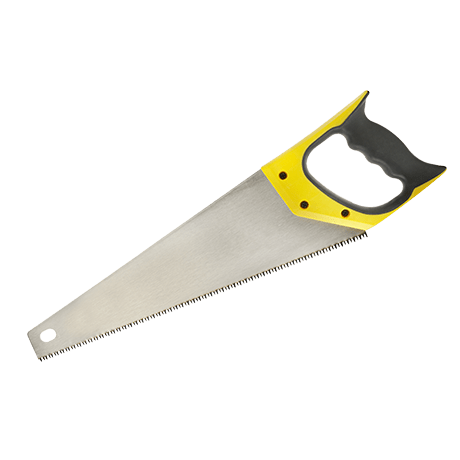
Hand Saw
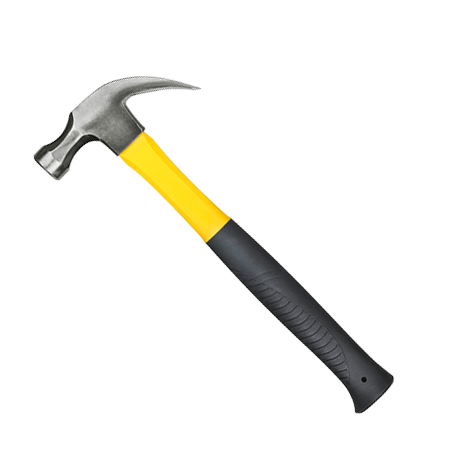
Hammer
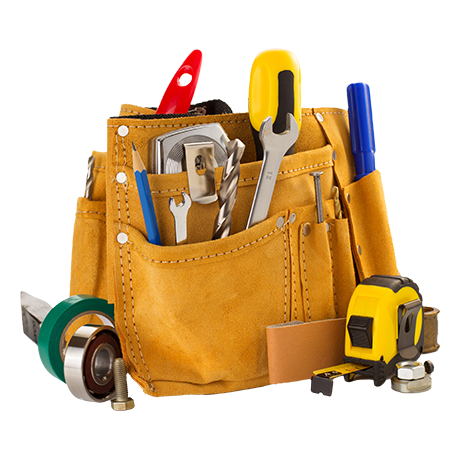
Tool Belt
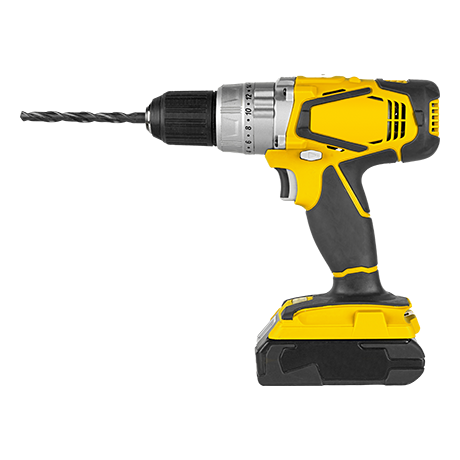
Drill
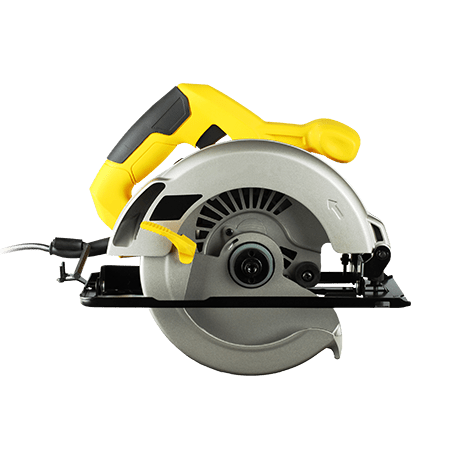
Circular Saw
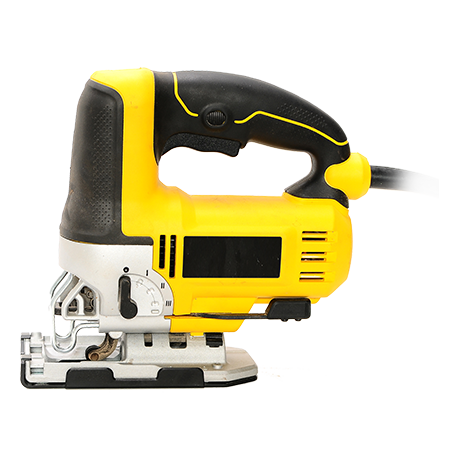
Jigsaw
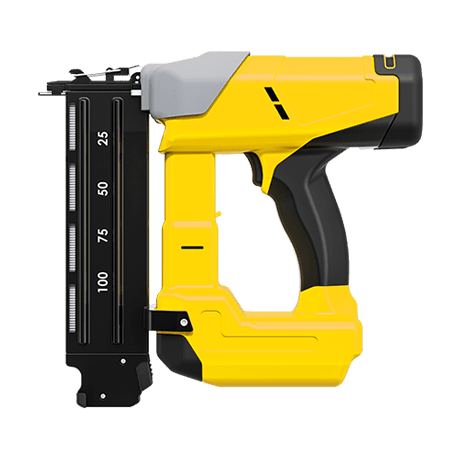
Nail Gun
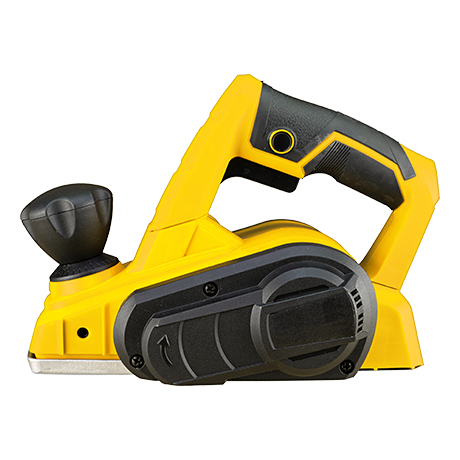
Planer

How to set up your subcontracting business
It's always best to read up on this on the .gov website! Understanding what a subcontractor is, is very important. On all courses, we give support on:
- Registering with Construction Industry Scheme (CIS)
- Setting yourself up as a sole trader or limited company
- How to get paid correctly by contractors
- Deduction rates under CIS
- Tax and VAT implications
Top 6 tips
- Work hard! In most cases, especially in the price work game, hard work will be rewarded with greater earnings.
- Work Smart! An organised and calculated approach to any task wins over speed every time! Learn the tricks of the trade.
- Invest in yourself. Your tools and your van will earn you money. Keep them up to date and take care of them.
- Support the Site Management Team. Helping the Site Manager, forklift driver and labourer may seem a hassle, but watch the benefits roll back in.
- Keep Your Certificates up to Date. H&S on-site is vitally important. You must have an up-to-date CSCS card to get on-site.
- Be Good to work with. Our highest earners are those who create a small team with Trainees working with them, smile and be positive. It makes a big difference.
Financial rewards
The financial rewards of being a carpenter can vary depending on several factors, such as location, experience, and type of work.
Experience
Carpenters with more experience generally earn more money. As you gain more knowledge and skills, you become faster and more productive while maintaining quality.
Location
The location where you work can also impact your earnings. For instance, carpenters working in large cities or areas with a high cost of living generally earn more than those working in rural areas.
Your Approach
Your attitude, work ethic and consistency are all key factors in earning potential.
Apprentice
Salary Whatever you're worth
Average
Salary UK Dentist
Experienced
Carpenter UK Solicitor

Job security
The work continuity for a site carpenter can be excellent, depending on various factors, such as the demand for carpentry services in the area, the carpenter's level of experience and skills, and the type of contractor they work for.
Site carpenters can work for various companies, including construction companies, home builders, and carpentry subcontractors. Working for a large construction company can provide greater job security due to a steady flow of projects, but smaller companies may offer more flexibility and opportunities for career advancement. Relevant certifications, such as a Construction Skills Certification Scheme (CSCS) card, can help carpenters secure employment and increase job security.
Overall, while job security can never be guaranteed in any profession, site carpentry is generally considered a stable trade with good prospects for those with the right skills and experience. Also, in the current climate with a national housing crisis, the new home-building industry is a good place to be!


